The end of the Cold War has changed the entire contours of the international system. Since the Kautilayan period till now realism has been the cardinal principle of foreign policy. Since its inception, Indian foreign policy has been however embedded with idealism. The phenomenal change of Indian foreign policy was incorporated during P.V. Narsinga Rao’s Regime (1991-96). After that every successive regime has maintained the sustainability to cope with the changing international system. Traditionally Indian foreign policy has been obsessed with Pakistan and China. It has been opined by a gamut of pundits of the international system that India has accelerated its international profile after the end of the Cold War in general and after post 9/11 2001 in particular. To realize this reality we have to decentralize our focal attention towards other regions of the world. This book is intended to focus on those important elements in a holistic manner.
Post 9/11 Indian Foreign Policy: Challenges and Opportunities
In stock
Free & Quick Delivery Worldwide
Bibliographic information
Title
Post 9/11 Indian Foreign Policy: Challenges and Opportunities
Author
Edition
1st ed.
Publisher
Pentagon Press, 2009
ISBN
8182743632
Length
xvi+314p,.
Subjects

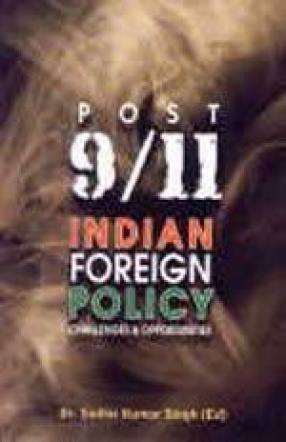
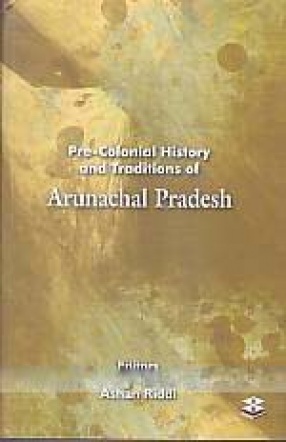

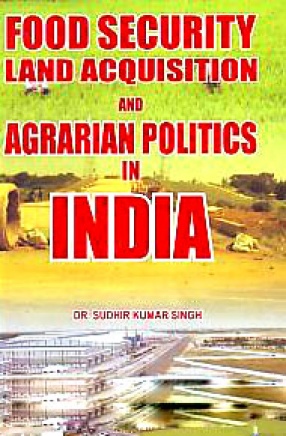
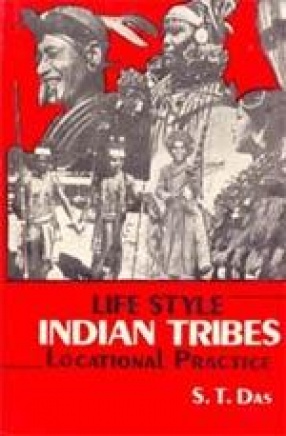
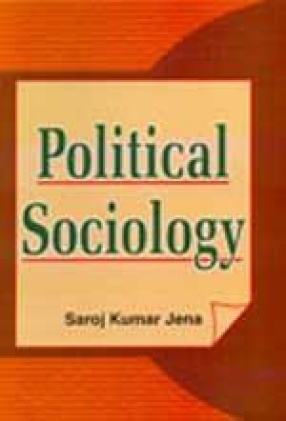
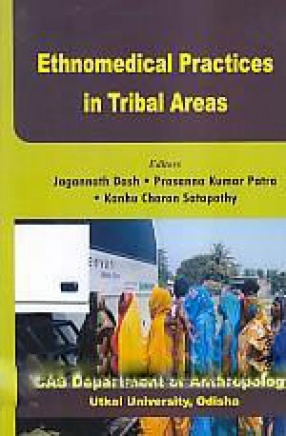
There are no reviews yet.